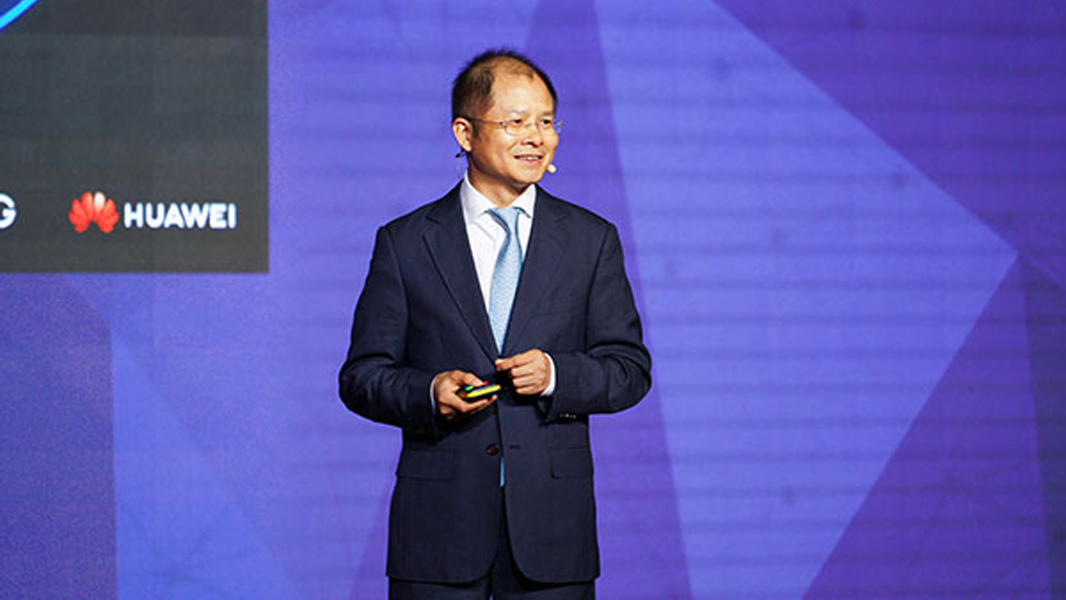Huawei Shipped 240 Million Smartphones in 2019
- Paul Thurrott
- Dec 31, 2019
-
41

Huawei’s two biggest businesses grew at a healthy clip in 2019 despite a U.S. blacklisting, but the firm warned of a “difficult” 2020, noting that it would not “grow as rapidly as [it] did in the first half of 2019.”
“In the long term, the U.S. government will continue to suppress the development of leading technology, a challenging environment for Huawei to survive and thrive,” Huawei chairman Eric Xu wrote in a New Year’s letter to the company’s employees and customers. “The external environment is becoming more complicated than ever, and downward pressure on the global economy has intensified.”
Windows Intelligence In Your Inbox
Sign up for our new free newsletter to get three time-saving tips each Friday — and get free copies of Paul Thurrott's Windows 11 and Windows 10 Field Guides (normally $9.99) as a special welcome gift!
"*" indicates required fields
Huawei is the world’s biggest maker of networking equipment and the world’s second-biggest maker of smartphones. Most analysts believe that Huawei would have surpassed Samsung in 2019 to become the biggest smartphone maker as well, but the U.S. blacklisting has at least temporarily denied it that accolade.
Xu said that Huawei posted revenues of $122 billion in 2019, a new record, and an 18 percent gain year-over-year (YOY). The firm has no obligation to provide such numbers, but it does typically announce its quarterly results in a bid for transparency. The problem, apparently, is that Huawei’s growth slowed dramatically in the second half of the year. Reuters calculates that Huawei’s revenues improved by just 3.9 percent (year-over-year) in the 4th quarter, to about $23.38 billion.
Xu also said that the firm sold 240 million smartphones in 2019, a gain of 20 percent YOY, and higher than analyst estimates. It had sold 206 million units in 2018.
Xu said that Huawei would “go all out” in 2020 to expand its smartphone business by building out its Huawei Mobile Services, a set of services and applications that will replace as many of Google’s popular Android applications as possible. This, of course, is the problem with the U.S. blacklisting of Huawei: It will drive the firm to lessen its reliance on U.S.-based networking, hardware, and software solutions and companies, a move that will ultimately harm the U.S., thanks to Huawei’s massive reach.
And Huawei has seen great success despite a U.S.-led initiative to keep the firm out of emerging 5G networks around the world: Huawei won over 60 5G-related contracts in 2019, over half of them in Europe. But Huawei’s biggest rival, Ericsson, reported that it signed 78 5G-related contracts and agreements with global carriers in 2019.
Tagged with
Conversation 41 comments
-
Bats
<p>For one thing…"shipped 240 million phones?" So what and………where?</p><p><br></p><p>Every Microsoft fan should be well aware by now the difference between shipped and sales. That's because Microsoft often uses the shipped figure because it's always the higher amount, which always gives the illusion of success. Every Microsoft fan should know this.</p><p><br></p><p>Second, who cares about Huawei's success? More power to them. Markets adapt. Does Thurrott actually think that the US will suffer at all? Once everything is cleared with the US/China relations…..Huawei will race to the US door in a heartbeat. </p><p><br></p><p><br></p>
-
Stooks
<p>Yawn. What was the average selling price? </p><p><br></p><p>I remember when Samsung and Apple were battling it out in court and all those documents were released. The world found out that Samsung (the number one seller of smartphones at the time) had an average selling price of $65. So basically selling those Galaxy S7,8,9,10 etc by the carton and selling the $65 throw away Android junk phones by the millions.</p><p><br></p><p>I suspect that the Chinese governm….or….ummm…..Huawei does much of the same.</p>